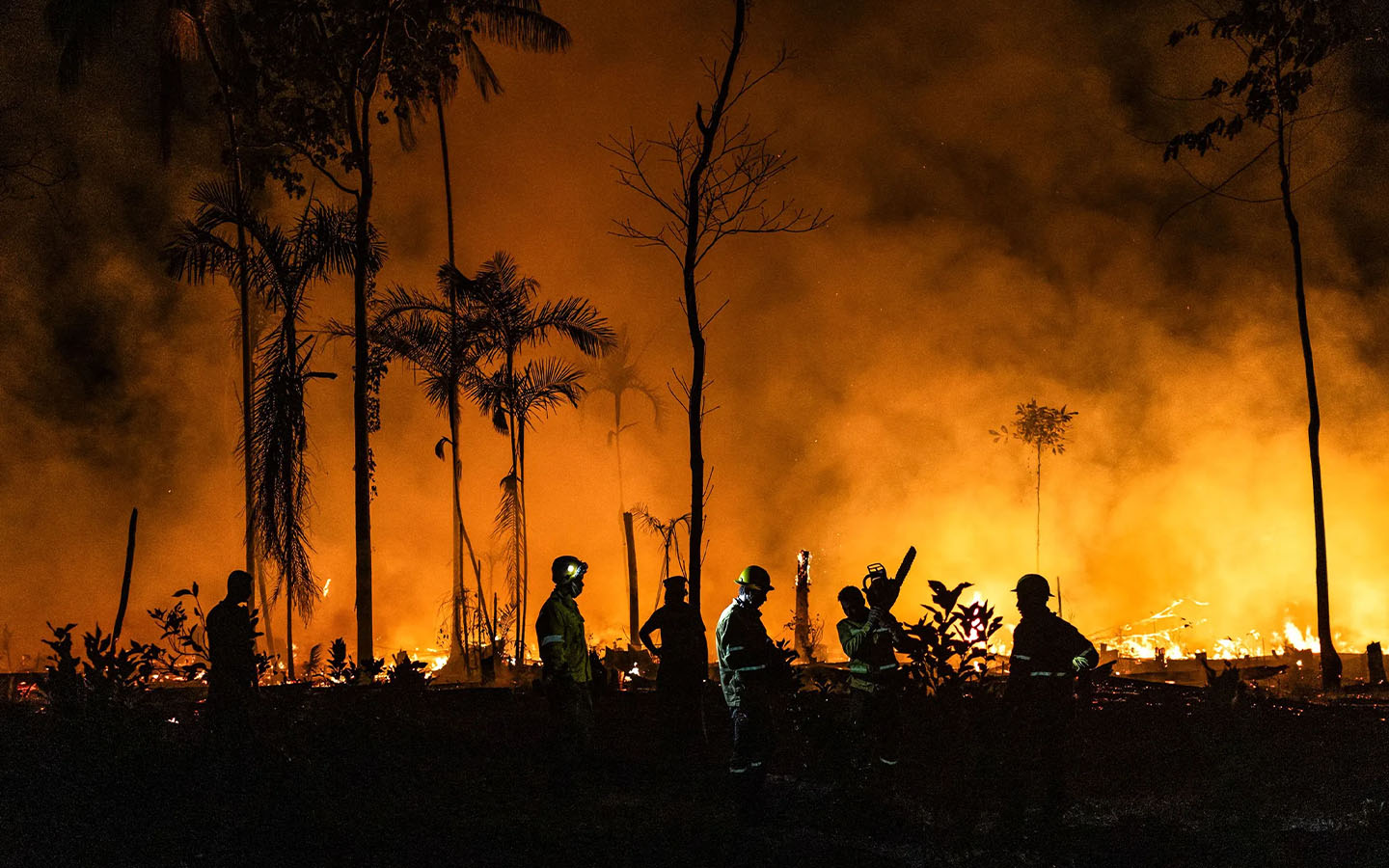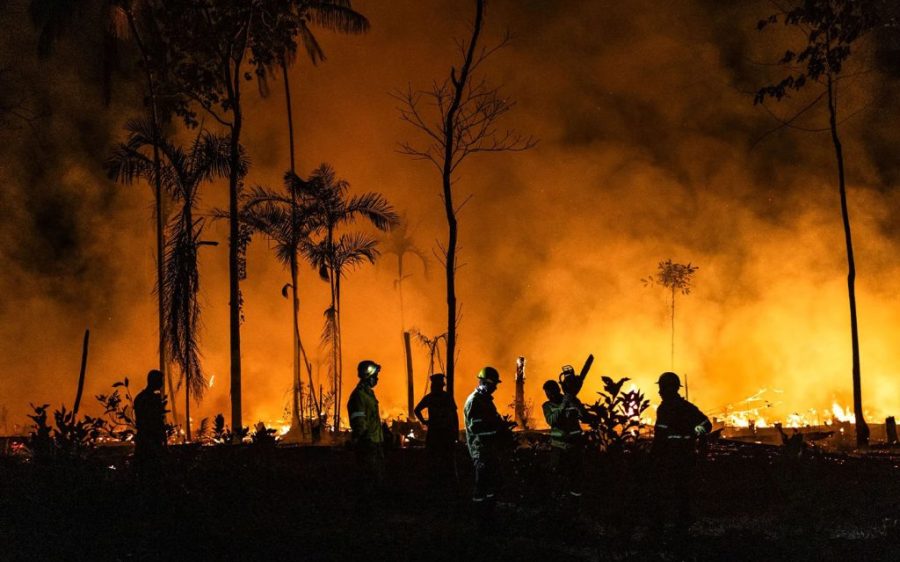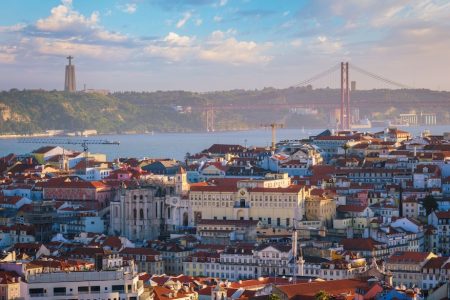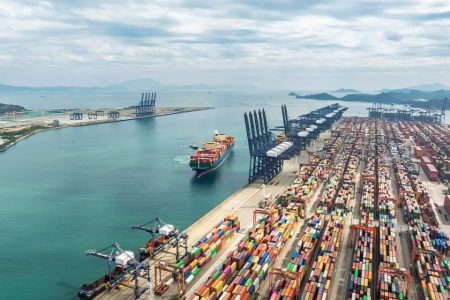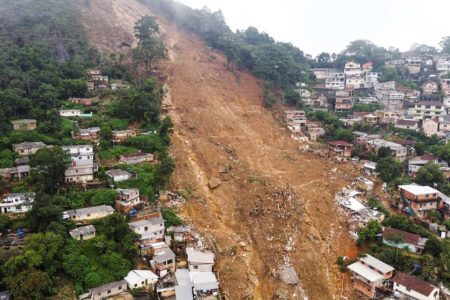Brazil’s Amazon rainforest recorded unprecedented fire activity in the first four months of the year, up over 80 percent, amid an ongoing dispute over better pay and working conditions for the public servants tasked with protecting the world’s largest rainforest.
Between January and April, the Brazilian Amazon saw more than 12,000 square kilometres burn, the most in over two decades of data, according to Brazilian space research agency INPE. Naturally occurring fires in the rainforest are rare, meaning many of the blazes were started by humans to clear land for agriculture, Reuters reports. This practice is fairly safe under normal conditions but deadly during severe droughts like those afflicting the Amazon this year, brought about by El Niño and climate change.
Poor conditions aren’t the only thing to blame, though, the National Association of Environmental Public Servants (Ascema) argues. It puts part of the blame on cuts to this year’s budget for the country’s environmental agency IBAMA, which has lost nearly a quarter of its firefighting funds, and longer-term neglect of those fighting fires on the ground.
[See more: A drought in the Brazilian Amazon will affect half a million people]
The cut in funds leaves the agency with less than half of the 120 million reais (US$23.5 million) it requested for firefighting, kicking off intense negotiations for better pay and working conditions and leading IBAMA agents to suspend field activity. Ascema has rejected the latest government pay offer, Reuters says, demanding larger salary increases after suffering more than a decade of paltry pay rises and dwindling staff.
“The government needs to understand that without total engagement from environmental workers, the situation foreseen for this year is unprecedented catastrophe,” Ascema president Cleberson Zavaski told the news agency.
The dry season, from August to November, suffers the worst fire activity, seeing blazes equal to the January-April record in a single month. Without the prevention efforts carried out by environmental workers, the severity of the coming fire crisis could be much worse, experts warn.
